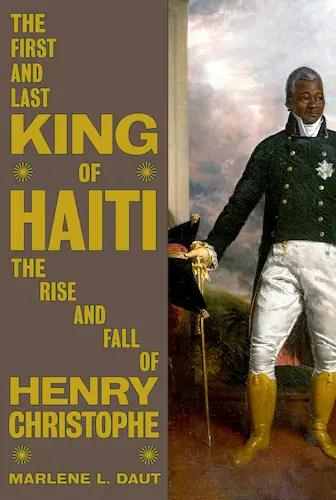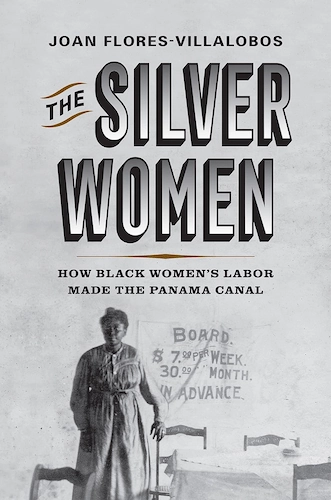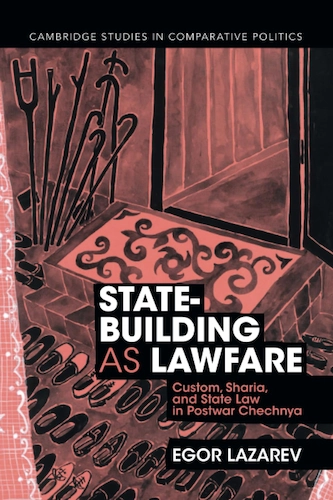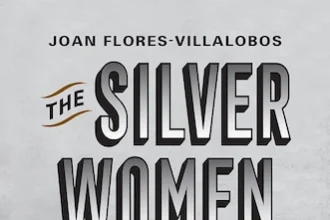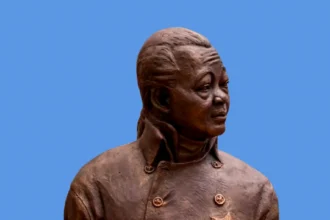Takkara K. Brunson’s Black Women, Citizenship, and the Making of Modern Cuba (University Press of Florida, 2021) offers a groundbreaking examination of the role Afro-Cuban women played in shaping modern Cuban identity. Covering the period from the abolition of slavery in 1886 to the Cuban Revolution in 1959, Brunson challenges traditional historiography that has often marginalized the contributions of Black women in Cuba’s socio-political landscape.
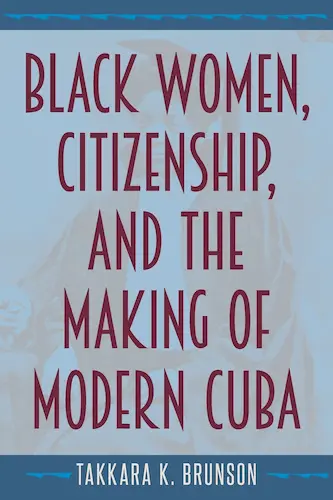
Brunson, a scholar of African diaspora studies, presents a meticulously researched narrative that intertwines individual and collective experiences of Afro-Cuban women. This work, which won the 2022 Letitia Woods Brown Memorial Book Prize, focuses on how these women navigated and contested overlapping systems of racial and gender oppression while asserting their rights as citizens. Her work stands out for its use of unconventional sources, such as personal letters and photographic portraiture, which serve as powerful counter-archives to dominant historical narratives.
The book is organized into seven chapters, each exploring different facets of Afro-Cuban women’s activism. The early chapters delve into the post-abolition era, highlighting how Black women engaged in public life through education, political advocacy, and cultural production. Brunson analyzes letters written by Afro-Cuban women to male political leaders, revealing how they leveraged patriarchal discourse to advocate for both gender and racial justice.
Subsequent chapters examine the evolution of political strategies among Afro-Cuban women, from their participation in national feminist movements to their involvement in the Communist Party during the 1940s and 1950s. Brunson emphasizes that Afro-Cuban women’s activism was not monolithic; rather, it reflected diverse perspectives and approaches to achieving social and political equity.
One of the book’s key contributions is its exploration of how Afro-Cuban women redefined notions of citizenship. Through their activism, they not only challenged racial and gender hierarchies but also helped to reshape the very concept of what it meant to be Cuban. Brunson’s analysis underscores the complexity of these struggles, illustrating how Afro Afro-Cuban women negotiated their identities within a society marked by persistent racial and gender inequalities.
Black Women, Citizenship, and the Making of Modern Cuba is an essential read for scholars of Cuban history, Black feminism, and Latin American studies. Its rigorous analysis and innovative use of sources provide a nuanced understanding of the multifaceted roles Afro-Cuban women played in the making of modern Cuba, offering fresh insights into the intersections of race, gender, and citizenship. For readers interested in delving deeper into the transformative impact of Afro-Cuban women on Cuba’s past and present, this essential work is available here.


